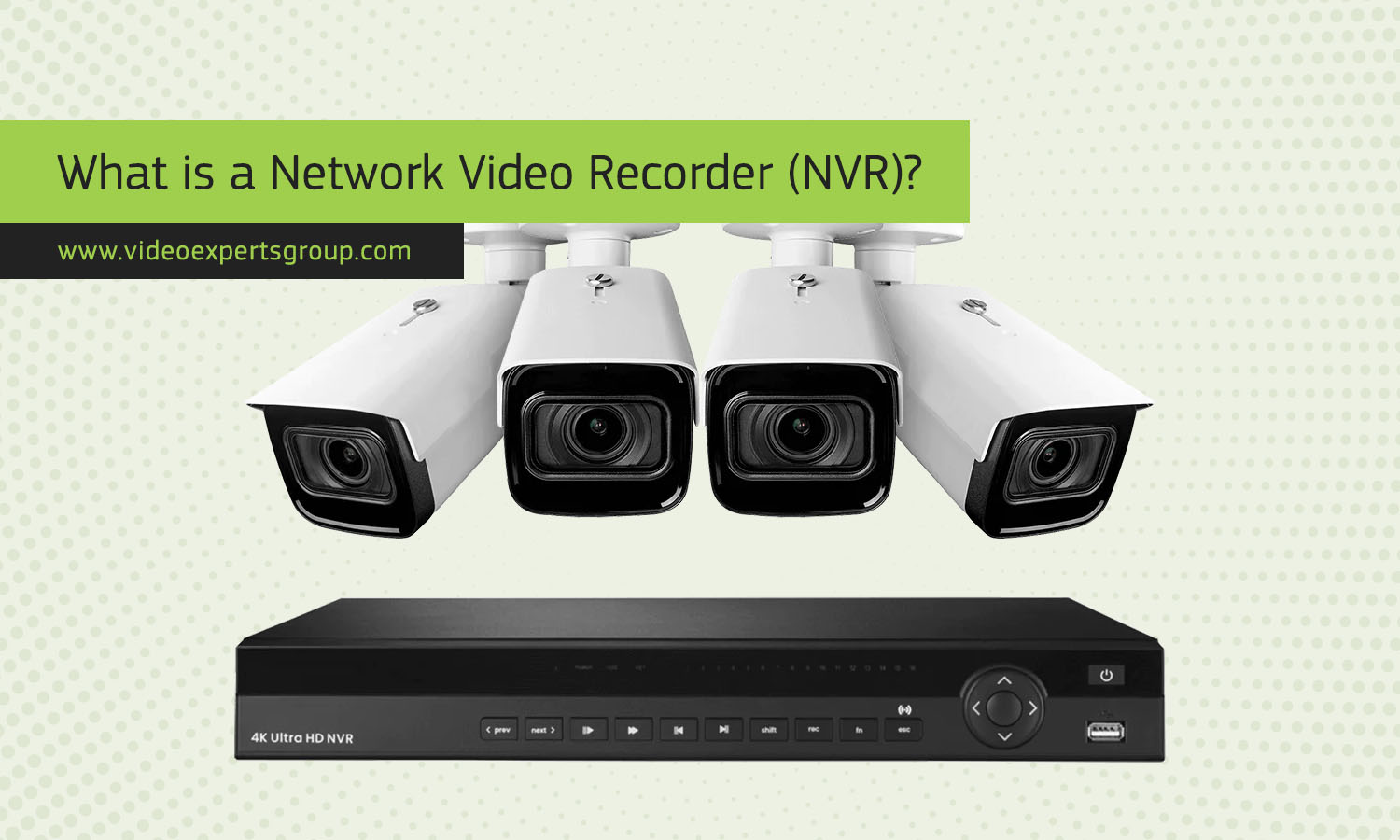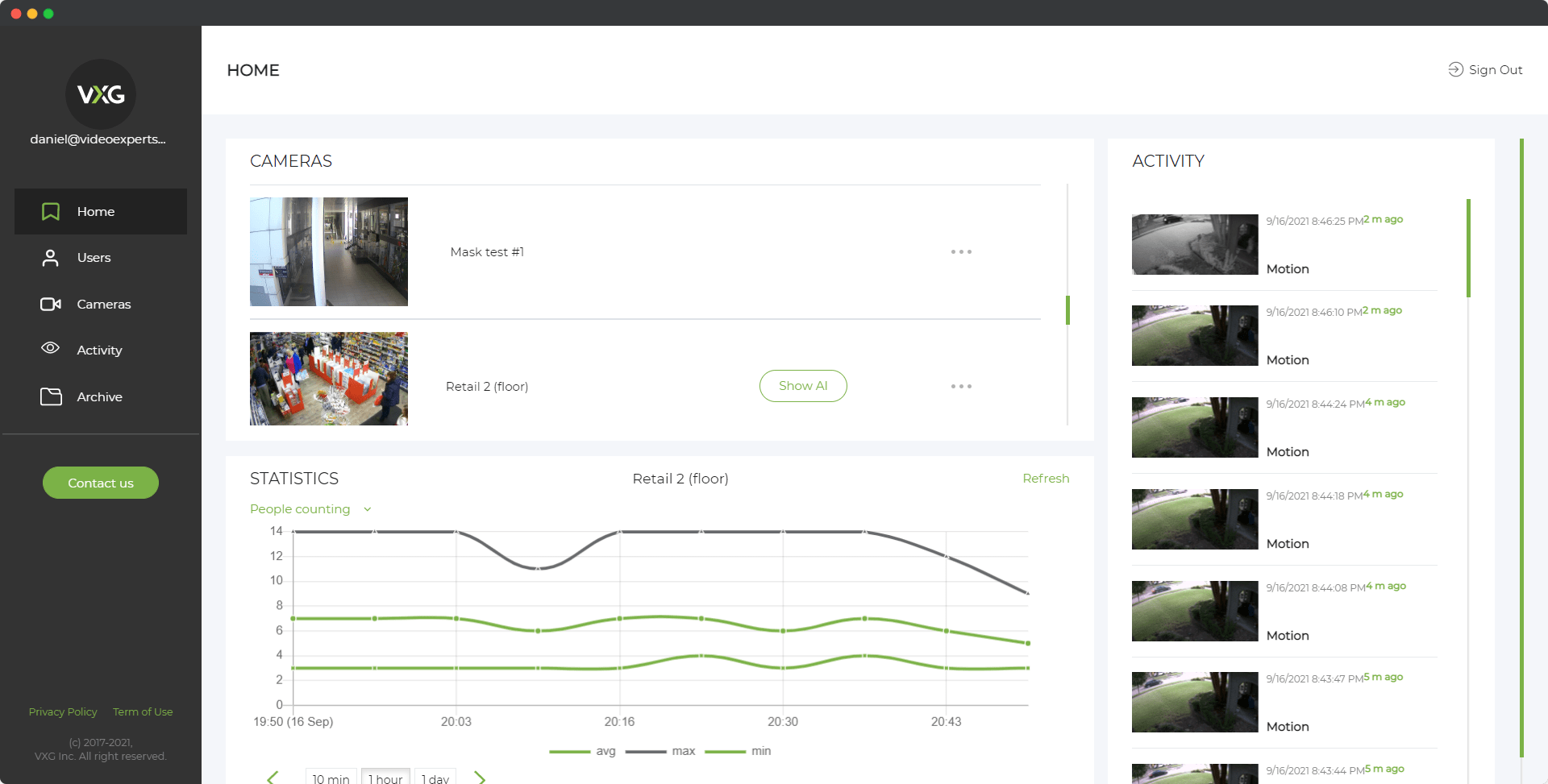Keeping an eye on things doesn't always require a physical presence. Video surveillance systems have become increasingly popular, and at the heart of many modern setups lies the Network Video Recorder (NVR). But what exactly is an NVR, and how does it work?
What is an NVR?
Imagine the NVR as the brain of your video surveillance system. Unlike its older cousin, the DVR (Digital Video Recorder), which deals with analog cameras, the NVR works exclusively with IP cameras. These digital cameras send their video feed over a network (like your Wi-Fi), and the NVR receives, stores, and manages it all.
Think of it like this:
- IP Cameras: The eyes, capturing video and sending it digitally.
- Network: The highway, carrying the video data.
- NVR: The control center, storing and managing the recordings, often allowing live viewing too.
Main Features:
- Digital recording: High-quality video compared to analog systems.
- Scalability: Add or remove cameras easily as your needs change.
- Remote access: Watch live or recorded footage from anywhere with an internet connection.
- Advanced features: Motion detection, event-triggered recording, search functions, and more.
Advantages:
- Better clarity: Digital video offers sharper images and zoom capabilities.
- More flexibility: Scalable systems adapt to your needs.
- Remote monitoring: Keep an eye on things from anywhere.
- Integration: Can work with other security systems for a comprehensive solution.
Disadvantages:
- Network reliance: Requires a stable internet connection.
- Higher cost: Can be more expensive than analog systems initially.
- Technical setup: Might require some technical knowledge for installation.
Popular NVR Brands:
- Hikvision: Wide range of options, budget-friendly to high-end.
- Dahua: Reliable and feature-rich, known for good value.
- Amcrest: User-friendly, good for DIY enthusiasts.
- UNIFI Protect: Integrates well with other Ubiquiti products, ideal for smart homes.
Pricing:
Prices vary depending on brand, features, and number of cameras supported. Expect to spend anywhere from $100...1000+ for an NVR itself, not including cameras.
Remember: Choosing the right NVR depends on your specific needs and budget. Consider factors like the number of cameras, desired features, and technical expertise before making a purchase.
Bonus Tip: Many NVRs come with mobile apps for easy remote access.
We hope this article has shed some light on the mysterious world of NVRs! Just remember, even without superpowers, an NVR can help you keep a watchful eye on things.
Read also:
















